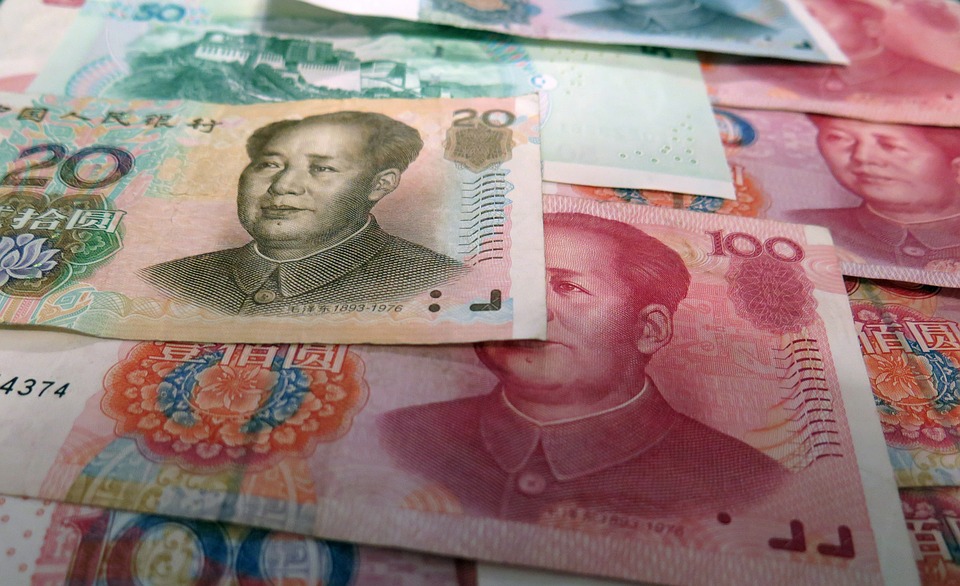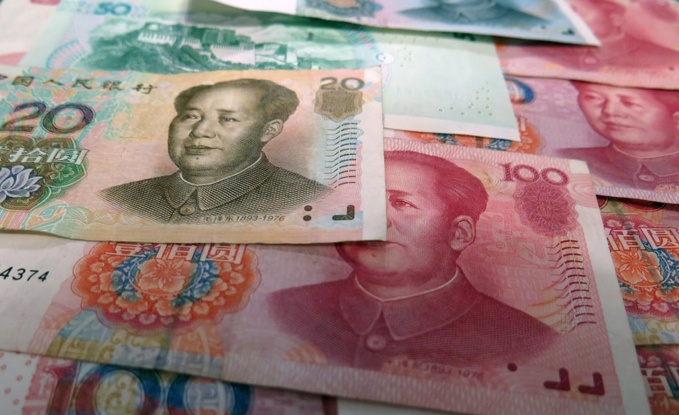Shares of Luen Wong Group Holdings Ltd. increased by 1438% in the first trading day after the placement. Now, the prices are higher by 6715%.
The company, constructs roads and digs sewers, earned just $ 1.1 million on the background of $ 41 million sales in last year, yet now it is worth $ 2.9 billion.
This unexpected discrepancy is common in Hong Kong, where many companies are characterized by a very small proportion of shares in free float. At that, engineering companies are in great demand due construction boom in China, and they are used in the scheme of reverse takeover. Apparently, papers of Luen Wong Group became so expensive thanks to a combination of these three factors. However, analysts urge to be cautious.
A study conducted by the Securities & Futures Commission found that in 2013-2015 market value of companies rose more than 1,000% in six months, despite the fact that 39 of them marked losses.
Such a growth of small companies is a challenge for exchange operator Hong Kong Exchanges & Clearing Ltd. Some studies have shown that extreme fluctuations are associated with high concentration of stockholders. At the same time, this is typical for small companies, mainly in the construction sector.
Surprisingly, regulators argue that they can do nothing, the problem is actively being discussed. Everything that is happening is fully consistent with the stock exchange rules. In case of Luen Wong, its two founders own 75% of the company, which is the maximum available level. At the same time, the regulator issued a special warning in April as 96% of the company’s outstanding shares belonged to controlling shareholders and 19 other investors. Because of this, the market has become extremely "thin". There are just 312 million public offering of securities for 1 million shares traded on the daily basis. Rules of the Hong Kong stock exchange state that these shares may not be used for short sales. This type requires capitalization of not less than 3 billion Hong Kong dollars ($ 387 million), and the total turnover should not be not than 60% of a company's capitalization.
Luen Wong has one interesting investor. This is China Environmental Energy Investment Ltd., which bought 1.43% for 124.5 million Hong Kong dollars in July. Shares of this company fell by 68% in the past 12 months. Luen Wong’s second public shareholder is China is New Economy Fund Ltd., held a package of 0.65% in June. Shares of China New Economy Fund also fell by 66% during this period. At the same time, both companies are actively investing in securities of other small companies with a minimum trading volume.
Analysts say that the Chinese mainland companies find papers of such companies attractive since otherwise they would never have access to the Stock Exchange of Hong Kong. They buy shares and carry out a reverse takeover. The façade becomes more important than the company itself. Typically, the cost of such an appearance starts at 500 million Hong Kong dollars.
In recent years, China and Hong Kong authorities have been trying to tighten the rules since such acquisitions may become a loophole for companies, which seek to avoid a closer evaluation of their assets in the primary listing.
source: bloomberg.com
The company, constructs roads and digs sewers, earned just $ 1.1 million on the background of $ 41 million sales in last year, yet now it is worth $ 2.9 billion.
This unexpected discrepancy is common in Hong Kong, where many companies are characterized by a very small proportion of shares in free float. At that, engineering companies are in great demand due construction boom in China, and they are used in the scheme of reverse takeover. Apparently, papers of Luen Wong Group became so expensive thanks to a combination of these three factors. However, analysts urge to be cautious.
A study conducted by the Securities & Futures Commission found that in 2013-2015 market value of companies rose more than 1,000% in six months, despite the fact that 39 of them marked losses.
Such a growth of small companies is a challenge for exchange operator Hong Kong Exchanges & Clearing Ltd. Some studies have shown that extreme fluctuations are associated with high concentration of stockholders. At the same time, this is typical for small companies, mainly in the construction sector.
Surprisingly, regulators argue that they can do nothing, the problem is actively being discussed. Everything that is happening is fully consistent with the stock exchange rules. In case of Luen Wong, its two founders own 75% of the company, which is the maximum available level. At the same time, the regulator issued a special warning in April as 96% of the company’s outstanding shares belonged to controlling shareholders and 19 other investors. Because of this, the market has become extremely "thin". There are just 312 million public offering of securities for 1 million shares traded on the daily basis. Rules of the Hong Kong stock exchange state that these shares may not be used for short sales. This type requires capitalization of not less than 3 billion Hong Kong dollars ($ 387 million), and the total turnover should not be not than 60% of a company's capitalization.
Luen Wong has one interesting investor. This is China Environmental Energy Investment Ltd., which bought 1.43% for 124.5 million Hong Kong dollars in July. Shares of this company fell by 68% in the past 12 months. Luen Wong’s second public shareholder is China is New Economy Fund Ltd., held a package of 0.65% in June. Shares of China New Economy Fund also fell by 66% during this period. At the same time, both companies are actively investing in securities of other small companies with a minimum trading volume.
Analysts say that the Chinese mainland companies find papers of such companies attractive since otherwise they would never have access to the Stock Exchange of Hong Kong. They buy shares and carry out a reverse takeover. The façade becomes more important than the company itself. Typically, the cost of such an appearance starts at 500 million Hong Kong dollars.
In recent years, China and Hong Kong authorities have been trying to tighten the rules since such acquisitions may become a loophole for companies, which seek to avoid a closer evaluation of their assets in the primary listing.
source: bloomberg.com



















